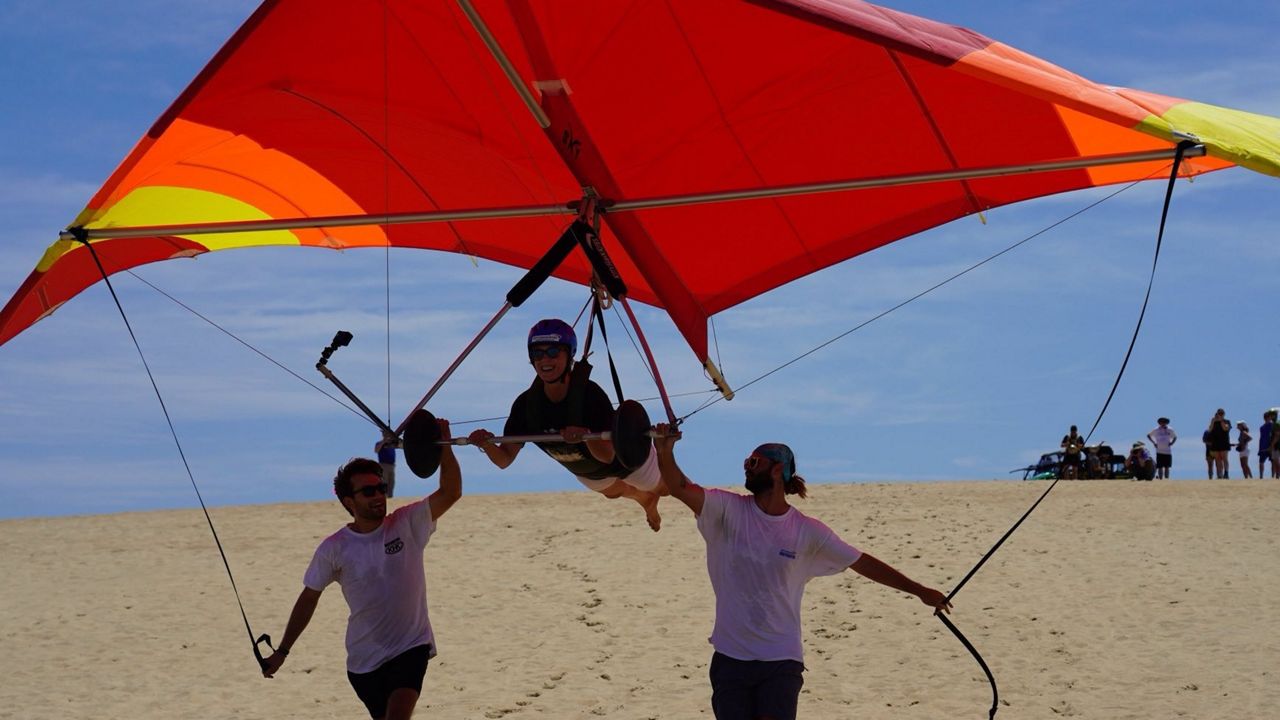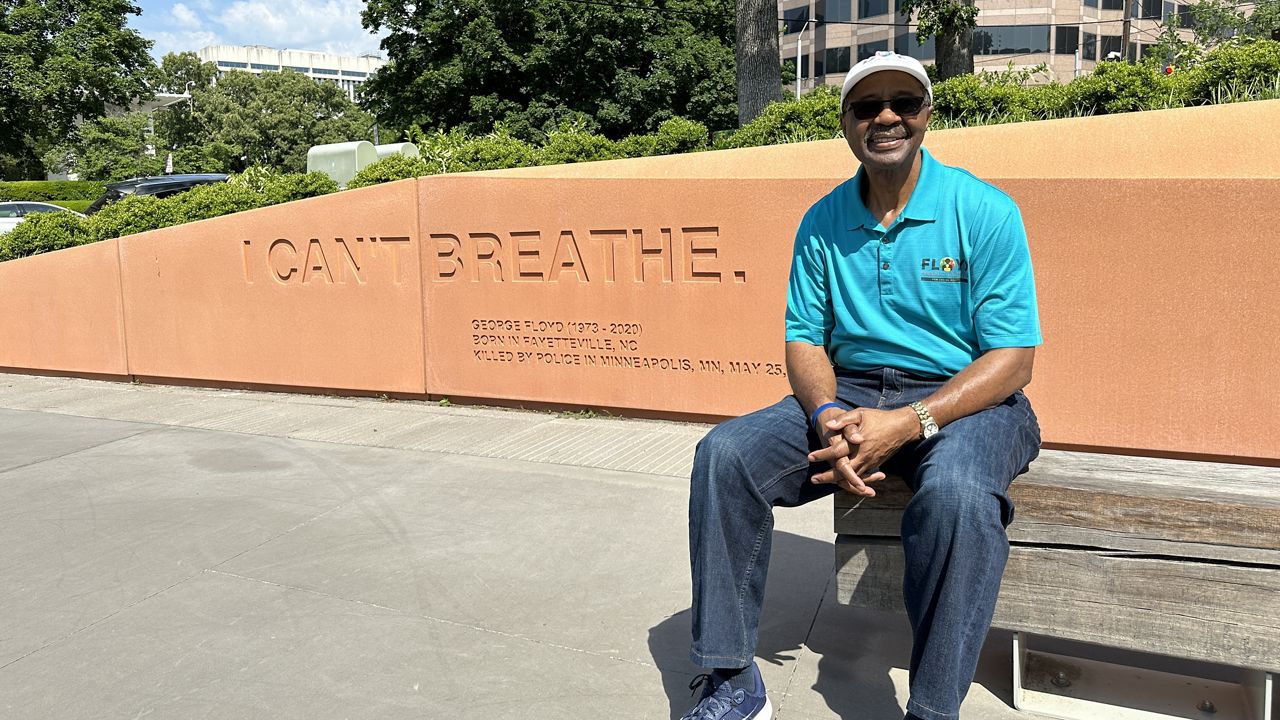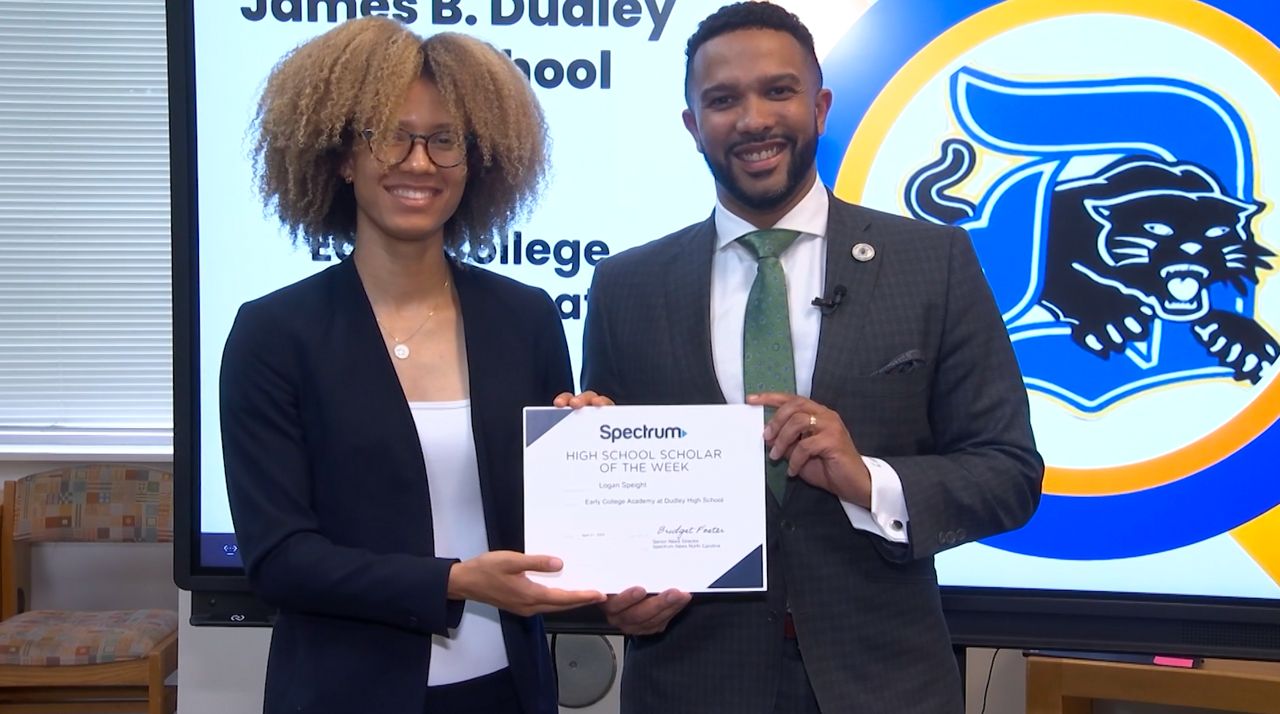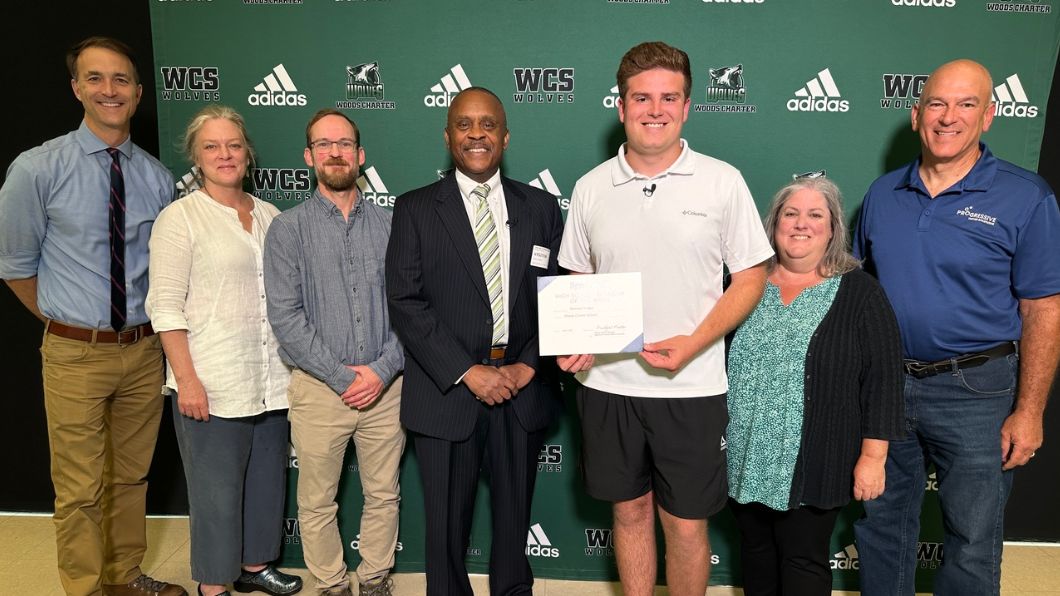CHARLOTTE, N.C. -- According to a survey from Global Strategy Group, almost half of Black and Hispanic-owned businesses still open during the pandemic expect to close in the next six months if things stay the same.
Most of those same business owners have had trouble getting help through SBA and PPP loan programs.
Some believe the economic fallout of the pandemic is another example of inequality faced by people of color.
“I wish, I wish there was more out here for minority businesses,” owner of Cocoa’s Authentic Jamaican Jerk Paula Brown said.
A high-interest lending company pressured Brown's restaurant to pay off its full balance in the middle of a pandemic.
After Spectrum News 1 reported the story, the creditor worked out a payment plan with Brown.
But Brown, a Black woman, believes if capital was more accessible to minority communities, she may not have been forced to use a high-interest loan.
During the pandemic, minority business owners have been largely shut out of coronavirus relief loans. Less than a tenth of Black-owned businesses surveyed by Global Strategy Group were given the help they asked for.
It’s a reminder of the inequality exposed in the last recession.
According to a study from the National Bureau of Economic Research, in the years leading up to the housing crisis (even considering credit score and other risk factors) a Hispanic home-buyer was 78 percent more likely than a White buyer to have a high cost mortgage. African Americans, 105 percent.
As recently as 2012, the Department of Justice forced Wells Fargo to pay back more than $175 million in homeowner relief when it found the bank discriminated against African American and Hispanic borrowers; charging higher fees and giving worse interest rates.
When people can't get fair credit from traditional banks, many end up taking predatory loans.
“They end up turning to some of these high interest loans because they don’t have access in other places,” executive director of Common Wealth Charlotte Chuck Jones said. His nonprofit helps people refinance predatory loans, which can have interest rates in the hundreds of percent.
“Within a couple of weeks or months they owe far more than they borrowed to begin with,” Jones said.
That’s the case for Brown.
“When we need help it’s not here,” Brown said.
SOCIAL JUSTICE
Access to Credit a Larger Hurdle for Minority Communities
PUBLISHED 2:38 PM EDT Aug. 05, 2020









